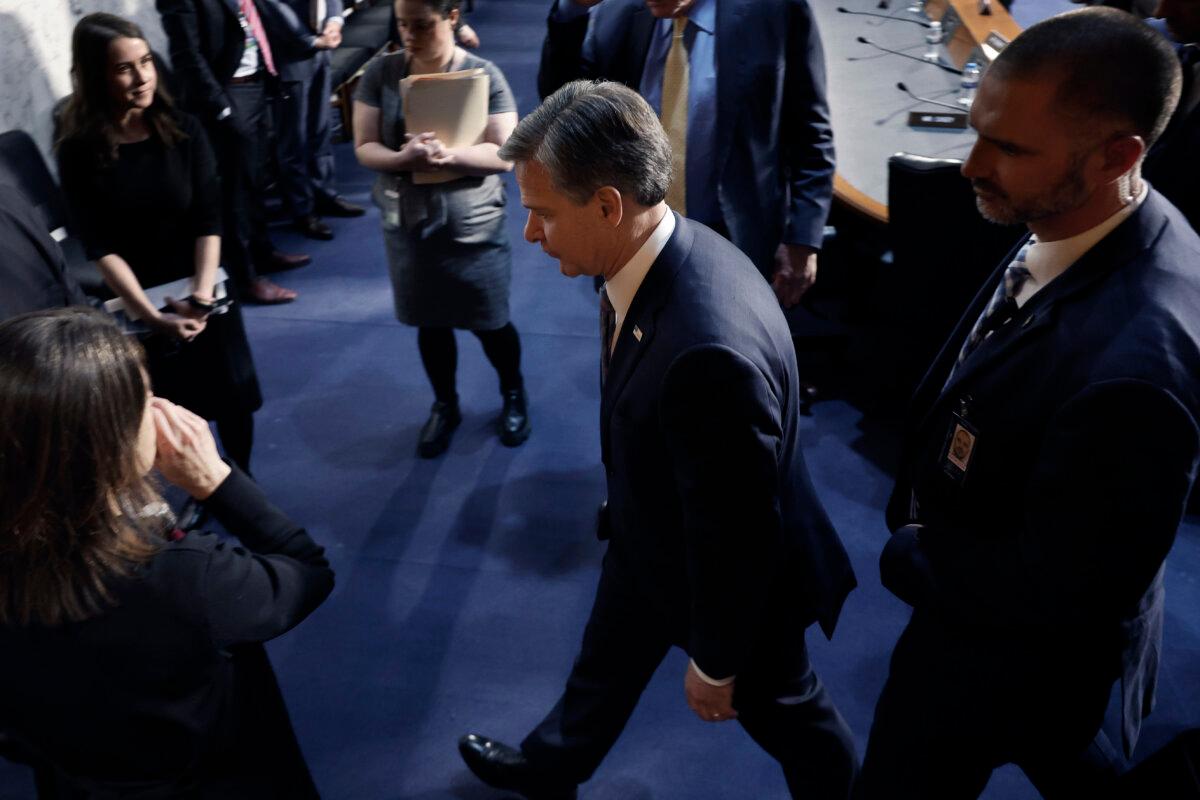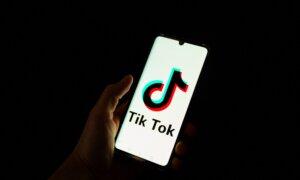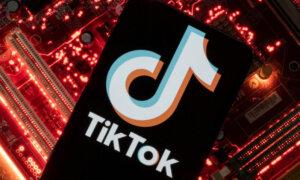The debate on national security versus freedom of speech has been the core issue of the legal battle.
WASHINGTON—TikTok and its Chinese parent company ByteDance face a crucial court hearing on Sept. 16 in their legal challenge to a law that could lead to the social media app’s ban in the United States as early as January 2025.
According to a law enacted in April, ByteDance has to sell the app by a mandated date, or TikTok will be banned from mobile app stores and web-hosting services. The initial deadline is Jan. 19, 2025, one day before the next presidential inauguration. Under the law, President Joe Biden could extend the deadline by three months to allow a deal to be completed.
The debate on national security versus freedom of speech has been the core issue of the legal battle.
“For the first time in history, Congress has enacted a law that subjects a single, named speech platform to a permanent, nationwide ban, and bars every American from participating in a unique online community with more than one billion people worldwide,” TikTok said in its petition to the U.S. Court of Appeals for the District of Columbia Circuit.
ByteDance’s Algorithm
At a Senate committee hearing earlier this year, FBI Director Christopher Wray affirmed that ByteDance owns TikTok’s algorithm and that the only way the algorithm could work is if ByteDance also has access to the data collected by TikTok.
At the hearing, Sen. Marco Rubio (R-Fla.), vice chair of the Senate Select Committee on Intelligence, asked the FBI director whether ByteDance had to comply if the Chinese Communist Party (CCP) wanted it to “put out videos that make Americans fight with each other or spread conspiracy theories and get them at each other’s throat.”
Wray confirmed that this would be the case.
“That kind of influence operation, or the different kinds of influence operations you’re describing, are extraordinarily difficult to detect, which is part of what makes the national security concerns represented by TikTok so significant.”
ByteDance and TikTok have argued that there is no evidence of the companies ever breaching U.S. national security. In response, the DOJ stated that the U.S. government is responsible for preventive measures.

FBI Director Christopher Wray (C) heads into a closed session of the Senate Select Committee on Intelligence in Washington on March 11, 2024 Chip Somodevilla/Getty Images
TikTok’s Data Collection
TikTok has repeatedly maintained that it is independent from its Chinese parent company. According to TikTok, its U.S. customer data are stored in Virginia and backed up in Singapore, and it has never, and will never, share its U.S. data with the Chinese regime.
TikTok employees had “sent significant amounts of restricted U.S. user data” through Lark channels to “address various operations issues,” according to the court filing. The DOJ noted that “certain sensitive U.S. person data” were being stored on Chinese servers and accessible to ByteDance employees in China.
In the past several years, TikTok and the U.S. government have negotiated with the goal of mitigating the security concerns about U.S. users’ data.
Sen. Mark Warner (D-Va.), chair of the Select Intelligence Committee, spoke about Project Texas during the Senate debate before the vote on the TikTok bill.
He said that it “does not resolve the United States national security concern about ByteDance’s ownership of TikTok” because it would “still allow TikTok’s algorithm, source code, and development activities to remain in China” and “under ByteDance control and subject to the Chinese government’s exploitation.”
“The CCP can exploit this massive trove of sensitive data to power sophisticated artificial intelligence (AI) capabilities that can then be used to identify Americans for intelligence collection, to conduct advanced electronic and human intelligence operations, and may even be weaponized to undermine the political and economic stability of the United States and our allies,” they wrote in court documents.
Frank Fang, Sam Dorman, and Reuters contributed to this report.
Original News Source Link – Epoch Times
Running For Office? Conservative Campaign Consulting – Election Day Strategies!


